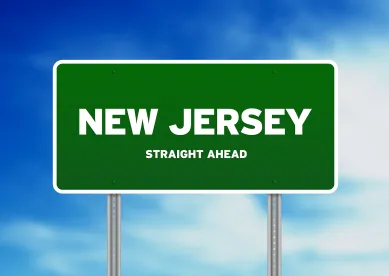On Jan. 16, 2024, NJ Gov. Phil Murphy signed a groundbreaking bill, marking a historic overhaul of NJ's liquor laws. A first of its kind since the Prohibition era, the law aims to rejuvenate NJ’s beaten down craft alcohol industry while reviving local economies and small businesses. It introduces significant changes in craft alcohol restrictions, revives inactive liquor licenses, and creates novel licensing opportunities for malls and farm breweries.
Immediate Reforms to Brewery Restrictions
Effective immediately, this law liberates craft alcohol manufacturers from stringent restrictions imposed under the infamous Special Ruling. Breweries, cideries, meaderies, and distilleries in NJ can now enjoy greater operational freedom that was curtailed under the harsh Special Ruling. Key changes include:
- Removal of annual event limits, allowing for unlimited on-site events and private parties.
- Collaboration with external food vendors like restaurants and food trucks.
- Increased production capacity, up from 10,000 to 300,000 barrels annually.
- Permission to sell and distribute 50% of on-premises produced beer directly to retailers.
These immediate changes are poised to significantly bolster the craft alcohol sector, enhancing competitiveness and consumer experience.
Inactive/Pocket Licenses: A Shift in Dynamics
This section of the law, which will take effect Aug. 16, 2024, addresses the long-standing issue of inactive and pocket liquor licenses. Under the new guidelines, license holders must either utilize or sell their retail consumption licenses if they've remained inactive for 2 consecutive license terms, and municipalities can reclaim licenses that have lapsed for 8 years, reissuing them for public use. This strategy is expected to reintroduce approximately 1,356 licenses to the market, a significant increase of 15% in active retail consumption licenses.
Mall Licenses: Revitalizing Retail Spaces
In another innovation, this law creates a new class of retail consumption liquor licenses specifically for shopping malls. This provision, also effective this August, will issue up to 2 new licenses for food and beverage establishments in malls with a minimum of 750,000 square feet, and up to 4 licenses for malls exceeding 1.5 million square feet.
This measure aims to enhance the viability of malls, countering the challenges posed by online shopping and the pandemic.
Farm Brewery License: Fostering Agricultural Ties
In a significant boost to the agricultural sector, the law introduces a new farm-brewery license. This license allows for the production and retail sale of malt alcoholic beverages off-premises, enabling farmers to directly engage with the craft brewing industry.
Conclusion
The enactment of this law represents a transformative moment for NJ's liquor industry. By easing brewery restrictions, reintroducing inactive licenses, and creating new practical licenses, the state is not only fostering economic growth but also preserving the interests of existing businesses and extending a lifeline to craft beverage manufacturers hurt by the brutal Special Ruling.






 />i
/>i

